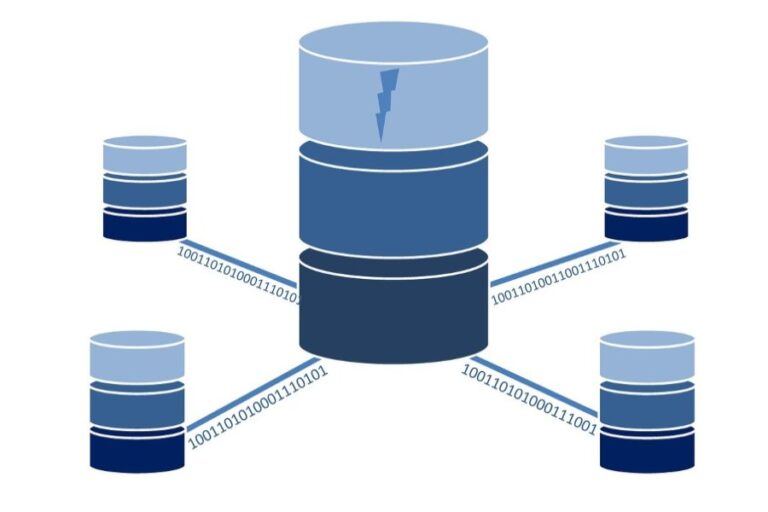DBaaS, often referred to as managed database service, is a cloud-based solution facilitating users to harness the power of cloud databases without the challenges of hardware procurement, software setup, and in-depth database management. This eliminates the need for enterprises to invest in specialized database talent. The cloud provider offers extensive database support, ensuring a constantly updated, backed-up, and 24/7 secured database system.
The DBaaS arena is rapidly expanding within the SaaS domain, with projections indicating a market worth of USD 320 billion by 2025. Contemporary database and data warehouse vendors are collaborating with cloud entities to present hosted software variations. This collaboration promises users the dual advantage of cloud computing for their data-related needs.
DBaaS Advantages
- Cost-Efficiency: Traditional database setups are capital intensive. DBaaS operates on a pay-as-you-use model, making expenditures predictable and eliminating surplus capacity costs.
- Dynamic Scalability: DBaaS allows for swift scaling based on real-time needs. Furthermore, during less active periods, it’s feasible to downscale to optimize costs.
- Simplified Management with Database Monitoring Services: On-premises databases require dedicated teams for management. In contrast, DBaaS providers oversee the entire spectrum, offering specialized database monitoring services. This results in reduced overhead and empowers IT teams to focus on innovation.
- Accelerated Development: Traditional systems often necessitate prolonged IT clearances. With DBaaS, developers can promptly access and configure databases, hastening the application integration process.
- Enhanced Security: Cloud database services inherently come with advanced security features, including encryption and robust access controls. Some even align with specific regulatory benchmarks.
- Reliability with Database Support: Leading cloud providers with DBaaS solutions promise uptime through stringent SLAs, ensuring users are compensated in the rare event of service disruptions.
- Assured Quality: Navigating through countless database options can be overwhelming. However, top cloud entities curate an array of premium DBaaS offerings, streamlining the selection process for enterprises.
Choosing The Right DBaaS With Database Support
Top-tier cloud entities present a plethora of DBaaS solutions, spanning both relational (RDBMs) and non-relational databases like NoSQL. Identifying the optimal provider demands an understanding of the database technology suited for your application and its supported technologies by the provider. This process can often be intricate, and here are some guiding factors:
- Type of Data Store: It’s crucial to discern whether a primary or auxiliary data store aligns with your needs. Primary stores like MySQL offer flexibility and cater to a broader range of applications. In contrast, auxiliary stores like Redis excel in specialized tasks, often presenting restricted models but unparalleled performance in their niche.
- Database Architecture Compatibility: Ensure the database structure not only resonates with present requirements but also has the scalability potential for future needs.
- Performance Metrics: Real-world testing remains indispensable. Initiating a prototype on a DBaaS platform can offer insights into its real-time responsiveness and its adaptability to diverse operations and traffic loads.
- Holistic Cloud Offerings: As DBaaS is a subset of the broader cloud platform, comparing the comprehensive offerings of providers is crucial, transcending mere database functionalities.
In summation, DBaaS, combined with database support and monitoring services, offers a transformative solution for businesses, streamlining operations while ensuring efficiency and security.
